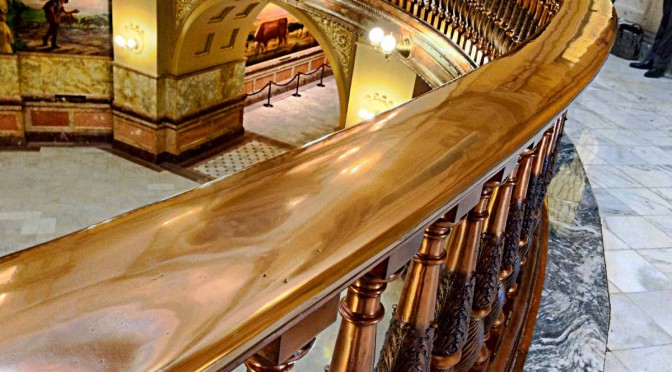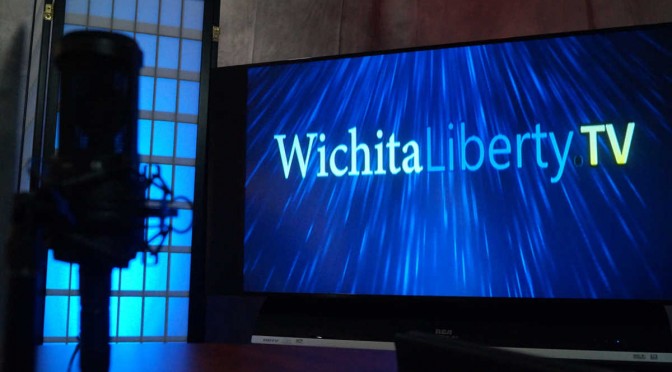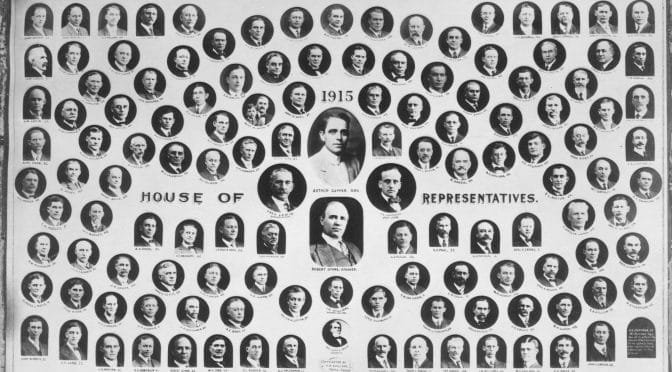Candidates in Kansas who promise more spending ought to explain just how higher taxes will — purportedly — help the Kansas economy.
Are low taxes important to an economy, especially a state economy? When the Tax Foundation looked at the issue, it concluded this: “In this review of the literature, I find twenty-six such studies going back to 1983, and all but three of those studies, and every study in the last fifteen years, find a negative effect of taxes on growth.”1



Please don’t argue that the economic health of a state is determined by its budget, that is, whether it is balanced or not. And if you want to argue that Kansas has borrowed money through the highway fund and spent it in the general fund: That’s true, and we should not do that. But that action allowed Kansas to keep spending, much like borrowing allows the federal government to keep spending more that it raises through taxes.
Some argue that if the state taxes more, it can spend more, and therefore the economy expands. But: The money taken from Kansans is money that they can’t spend. And if one wants to argue that government spends more carefully and efficiently than do private individuals spending their own money — well, give it a try. Empirically, not many people believe this.
And isn’t government spending the purpose of taxation? Nearby are figures showing Kansas general fund spending. You can see that for two years Kansas spent much more than it collected in revenue, using a large ending balance as the source of funds. If one believes in the Keynesian theory of fiscal effects — which most liberals and progressives do — this “deficit” spending spared spending cuts and therefore boosted the Kansas economy.

Regarding the spending cuts that some claim: Have there been severe spending cuts in Kansas? While some programs have been trimmed, overall state spending continues on a largely upward trend (for all funds spending) or remains mostly flat (for general fund spending), after accounting for population and inflation.5

We also hear that transfers from KDOT — the highway fund — have hurt Kansas, especially in construction jobs. Our state’s two largest newspapers recently editorialized on this matter.8 They correctly reported that Kansas construction jobs were down. But it wasn’t highway construction jobs that caused the loss of jobs, except for a very small portion.

We should not borrow money, place it in the highway fund, and then transfer the funds to the general fund, as the state has done for many years. But actual spending on highways has risen, nonetheless.
So: Just how will higher taxes help the Kansas economy?
—
Notes
- McBride, William. What Is the Evidence on Taxes and Growth? Tax Foundation, 2012. http://taxfoundation.org/article/what-evidence-taxes-and-growth. ↩
- Weeks, Bob. Tax collections by the states. Interactive visualization. http://wichitaliberty.org/economics/tax-collections-states-2/. ↩
- Weeks, Bob. State and local government employee and payroll. Interactive visualization. http://wichitaliberty.org/economics/state-local-government-employee-payroll/. ↩
- Weeks, Bob. Kansas, a frugal state? Interactive visualization. http://wichitaliberty.org/economics/kansas-frugal-state/ ↩
- Weeks, Bob. Kansas government spending. http://wichitaliberty.org/kansas-government/kansas-government-spending-2/. ↩
- Weeks, Bob. Kansas revenue estimates. http://wichitaliberty.org/kansas-government/kansas-revenue-estimates/. ↩
- Weeks, Bob. Brownback and Obama stimulus plans. http://wichitaliberty.org/economics/brownback-and-obama-stimulus-plans/. ↩
- Weeks, Bob. Topeka Capital-Journal falls for a story. http://wichitaliberty.org/kansas-news-media/topeka-capital-journal-falls-story/. ↩









 From the
From the 
